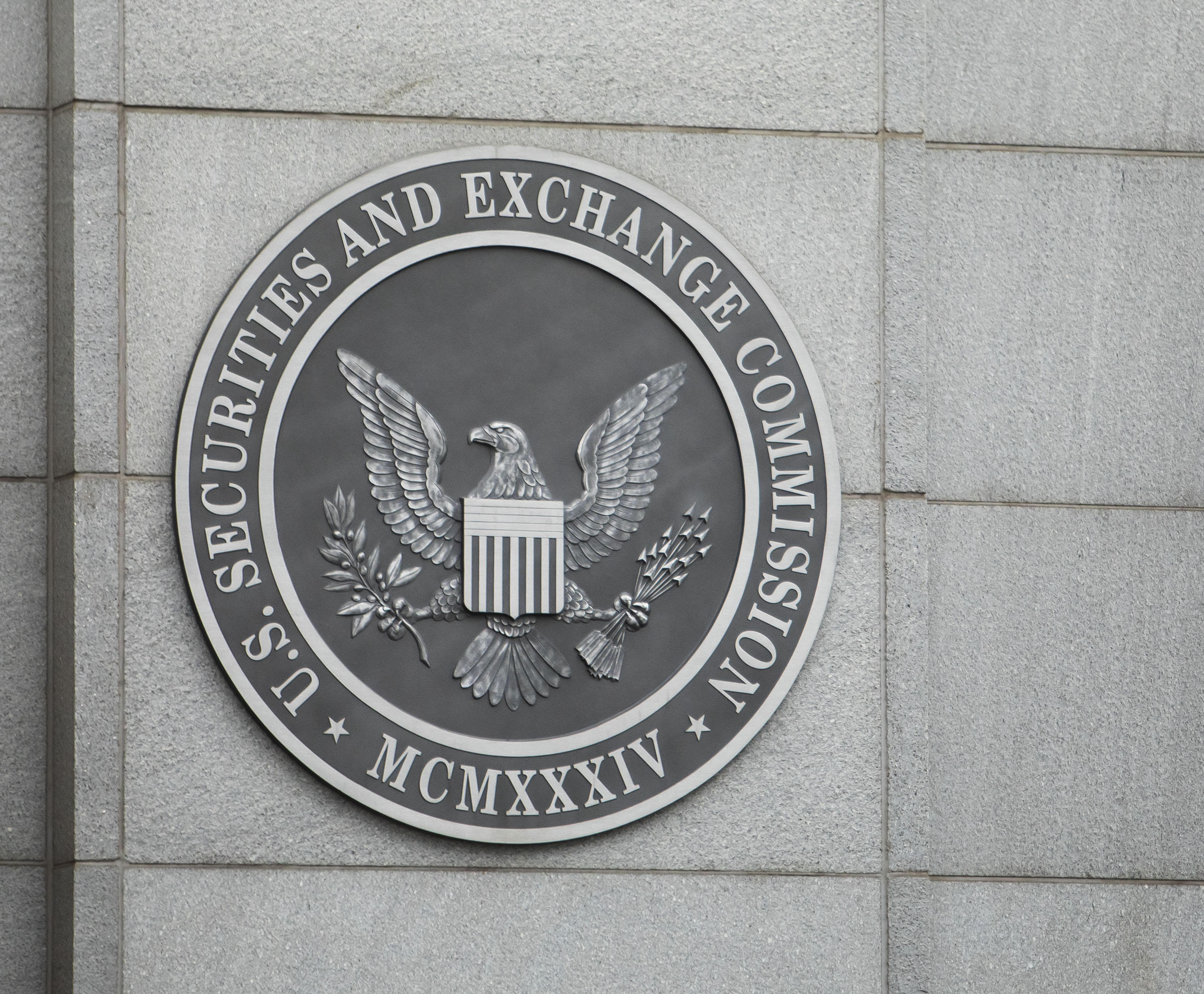The U.S. Securities and Exchange Commission recently indicated its intention to narrow the disclosure gap between publicly-listed and privately-held companies. While the effort is in its formative stages, the SEC appears likely to embark upon a rulemaking process that would require ESG—or, more accurately, EESG (Employee, Environmental, Social and Governance)—disclosures from large private companies. In the European Union, a disclosure framework that began by requiring climate disclosures from public companies has rapidly expanded into proposals for robust EESG disclosures from private companies, regardless of their size. The SEC’s initiative is likely to meet with a mixed reaction from the U.S. investor community, as some market participants view proposals to mandate EESG disclosure for large private companies as misguided and, more worrying, as the beginning of a slippery slope.
Regulatory action in this area is gaining momentum worldwide. It may well be the case that factors including political pressure, a worldwide focus on environmental and climate issues, and the blurring of the traditional line between the general public and the investing community make such regulation all but inevitable. And to be fair, the largest private companies—some with valuations in the tens of billions of dollars—undeniably have a significant public impact. Yet it is also fair for U.S. market participants to question whether the SEC is the legitimate proponent of such regulation, and, further, to debate the scope and extent of what would constitute reasonable and tailored disclosure requirements for private companies. From the standpoint of institutional legitimacy and the public interest, a regulatory overhaul of the U.S. EESG disclosure framework would be best accomplished through Congressional action to establish a mandate for interagency coordination and implementation. In the absence of legislative action, regulatory overreach in this area by the SEC or a federal agency could jeopardize future efforts to regulate EESG disclosures for public and private companies alike. For now, while mandated private company disclosures may be on its wish list, it would be prudent for the SEC to take a measured approach and invite robust stakeholder participation to maximize the legitimacy and benefit of any regulatory action that is ultimately taken.


 U.S. Securities and Exchange Commission building in Washington, D.C. Jan. 5, 2019.
U.S. Securities and Exchange Commission building in Washington, D.C. Jan. 5, 2019.




